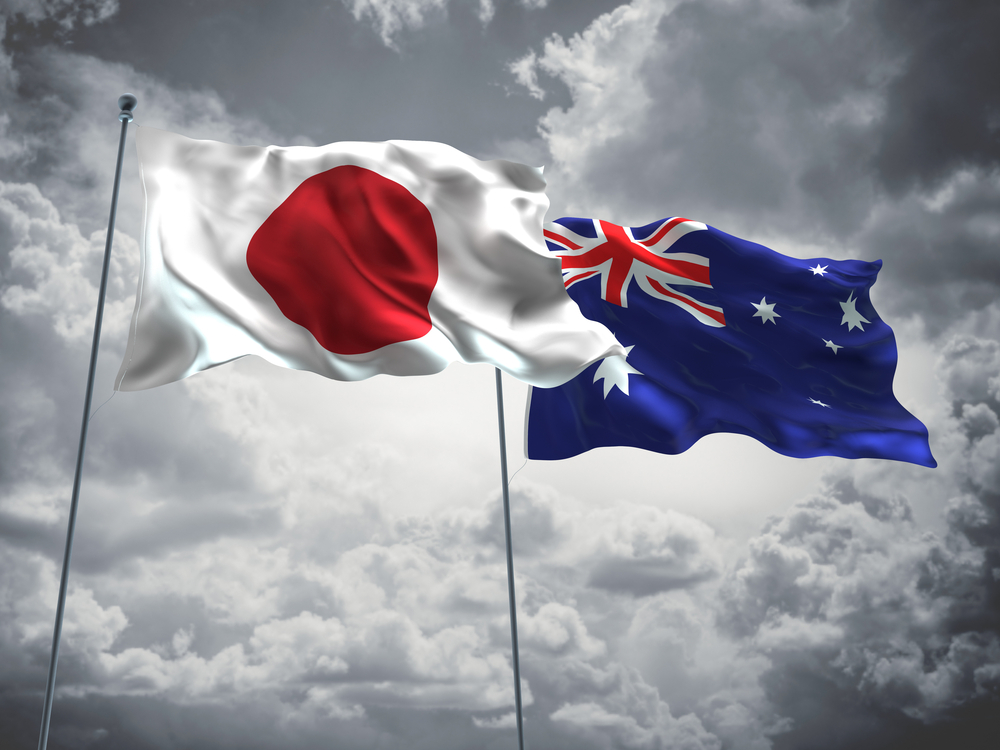Australia and Japan Unite on FinTech

The securities regulators of Australia and Japan have inked a FinTech pact to better facilitate industry startups and companies to enter each other’s markets.
In a joint announcement today, the Australian Securities and Investments Commission (ASIC) and the Japan Financial Services Agency (JFSA) completed establishing a framework that will see the two countries co-operate toward the mutual promotion of financial services and innovations.
“This Framework will help open up an important market for Australian fintechs,” reads a telling statement from Australia’s end of the deal. “The Japanese economy is the third largest in the world, with services – including financial services – accounting for about three quarters of GDP.”
In essence, the framework will see the two regulators discuss and share information on new developments in the FinTech space. Further, the two regulators will also benefit local FinTech businesses from each other’s countries with regulatory advice to enter each other’s markets.
JFSA vice commissioner for international affairs Shunsuke Shirakawa added :
We believe that this Framework further strengthens our relationship and facilitates our co-operation in further developing our respective markets.
For the ASIC, the deal with Japan joins a growing number of partnerships in recent times. Earlier this month, the regulator signed a similar agreement with its counterpart in Hong Kong. Over a year ago, Australia established FinTech ties with the UK’s Financial Conduct Authority. At the time, ASIC chairman Greg Medcraft revealed the regulator had dealt with a growing number of new business models bought on by financial innovations, particularly blockchain technology.
Japan’s FinTech Dues
Meanwhile, Japan is playing catch-up in the FinTech sprint in Asia, trying to gain ground on China and Korea. The two countries see over 50% of their societies adopting cashless digital payments, while Japan is lagging at a relatively smaller 19%. While 90% of Japan’s hotel industry accept card payments, less than 70% of the country’s supermarkets accept cards. That number falls down further in Japan’s taxi fleet, with less than 50% accepting cards. The low adoption rates are primarily due to an expensive onboarding process where card payment terminals cost ¥100,000 (approx. $900) to install, not counting their monthly lease fees.
The above reasons, coupled with Japan’s recent legislation that acknowledges bitcoin as a legal method of payment, makes the Japanese retail market a compelling case for disruption via bitcoin payments. The development of one particular point-of-sale application could see up to 260,000 retail locations across Japan accepting bitcoin payments this year.
In order to boost the sector, Japanese authorities, including the JFSA, are in the process of compiling a FinTech growth strategy this month targeting a 40% adoption rate of cashless payments in the coming years.
Featured image from Shutterstock.